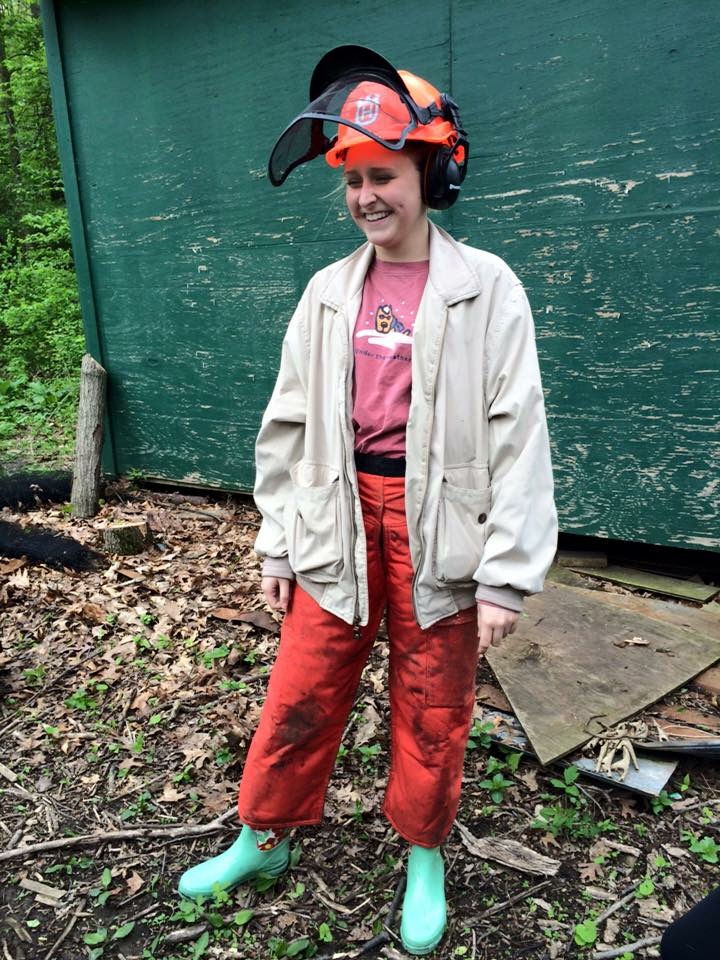
Growing up, I lived a short walk away from an open-water quaking bog formed by glacial retreat, designated the only one remaining in Illinois. Living in close proximity to such a beautiful and rare ecosystem allowed me to cultivate an attraction and inquisitiveness towards wetlands, and largely, where the terrestrial meets with the aquatic. I received a Bachelor of Science in Conservation and Restoration Ecology at Loyola University Chicago in May of 2018. During my undergraduate career, I worked within a wetland restoration research group investigating the impacts of the invasive hybrid cattail, Typha x glauca, on native biodiversity, ecosystem processes, and nutrient cycling in Great Lakes coastal wetlands. While completing research under this lab group, I became fascinated by the role wetlands play in the transport of carbon and nutrients within the terrestrial-to-aquatic interface. In light of climate change, my fascination for wetlands and their relative importance to the global carbon budget has motivated my interests in understanding hydrology, biogeochemical cycles, and the carbon flux within the terrestrial-to-aquatic interface. Ultimately, this burgeoning interest is what brought to BBERG.
I came to Newfoundland in the fall of 2018 to pursue a thesis-based master’s under Dr. Ziegler. My project seeks to better understand the changes dissolved organic matter (DOM) undergoes within a hillslope during hydrologically connected periods. My research will help determine if the changes observed DOM within the catchment correlates with the different hydrologic regimes. My research will focus on characterizing the changes in DOM using UV-VIS spectroscopy and chemical analysis within the Pynn’s Brook Experimental Watershed Area (PBEWA). In doing so, we hope to uncover the biogeochemical transformations driven by hydrologic pathways as DOM travels to the stream within the hillslope. The understandings gained from this study will allow us to gauge how climate-induced changes to hydrologic regimes will affect the composition of DOM in boreal streams and most importantly, its downstream fate.
You can contact me at nspehn@gmail.com.